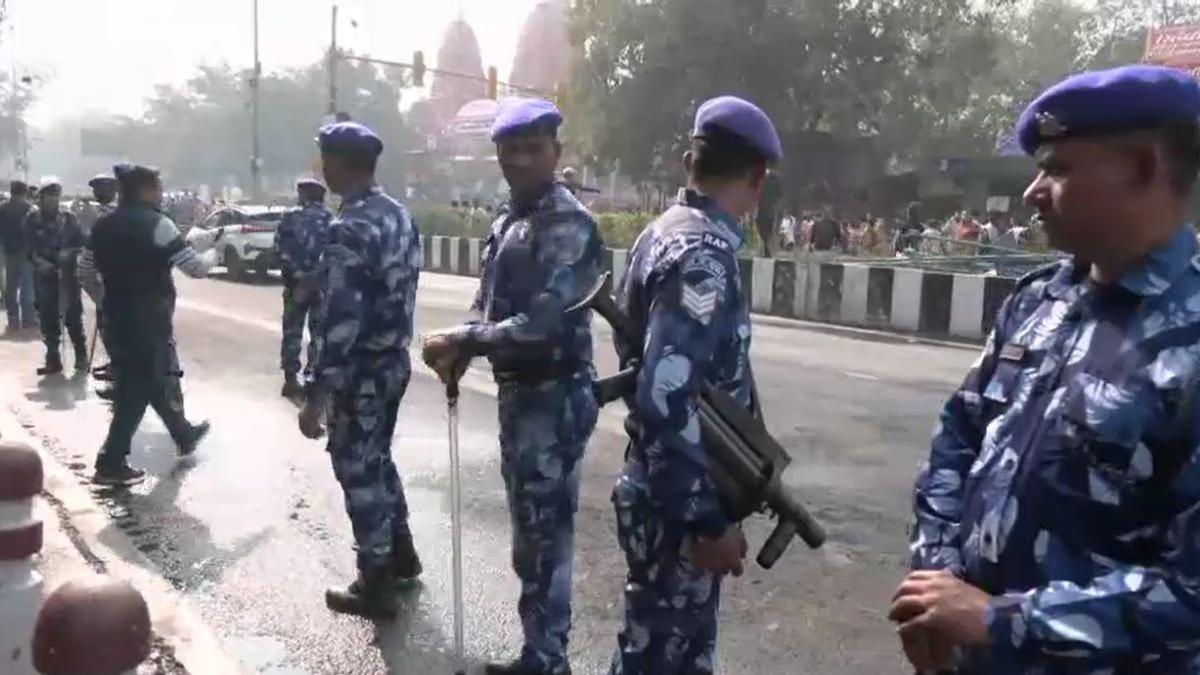TMC MP Abhishek Banerjee and his wife Rujira Banerjee faced a setback as the Supreme Court dismissed their petition challenging the ED summons concerning the West Bengal teacher recruitment scam.
This petition was associated with a money laundering case regarding alleged irregularities in recruitment. Notably, Abhishek Banerjee has repeatedly not appeared before the ED despite summons concerning financial transactions in the multi-crore school recruitment scam in West Bengal. Furthermore, the ED has frequently interrogated his wife, Rujira Banerjee, in relation to this case.
Backdrop of the Teacher Recruitment Scam
On July 22, the ED, investigating the money trail in the teacher recruitment scam, conducted raids at 14 locations, including the residence of Partha Chatterjee. During this operation, crucial information about Partha's associate, Arpita Mukherjee, was uncovered.
21 Crores Seized
Subsequently, on July 23, the ED raided Arpita's apartment at the Diamond City Complex in Tollygunge, Kolkata, where funds linked to the scam were discovered. The ED recovered approximately 21 crores.
Revelations by Arpita
On July 24, the ED arrested both Arpita and Partha. Currently in ED custody, they are undergoing intense interrogation. During these interrogations, Arpita disclosed information regarding some of her properties.
The ongoing investigation continues to unravel parties involved in the alleged scam, with a focus on recovering misappropriated funds and understanding the full financial implications of irregular recruitment practices. The ED's persistent efforts to uncover deeper layers of the scandal reflect the complexity of corruption and money laundering issues within the educational sector of West Bengal.
This case highlights the challenges faced by law enforcement agencies in curbing corruption at high levels and showcases the judiciary's role in interpreting legal boundaries while facilitating justice. The meticulous inquiry has not only revealed financial inconsistencies but also prompted a reassessment of recruitment protocols to prevent future discrepancies.
The involvement of influential political figures has further underscored the intricate nexus between politics and unethical recruitment practices, prompting conversations about accountability and transparency in public positions. As more information emerges, the significance of transparent governance and the necessity for strict regulatory systems become ever more evident, emphasizing the role of effective oversight in safeguarding public interest.




